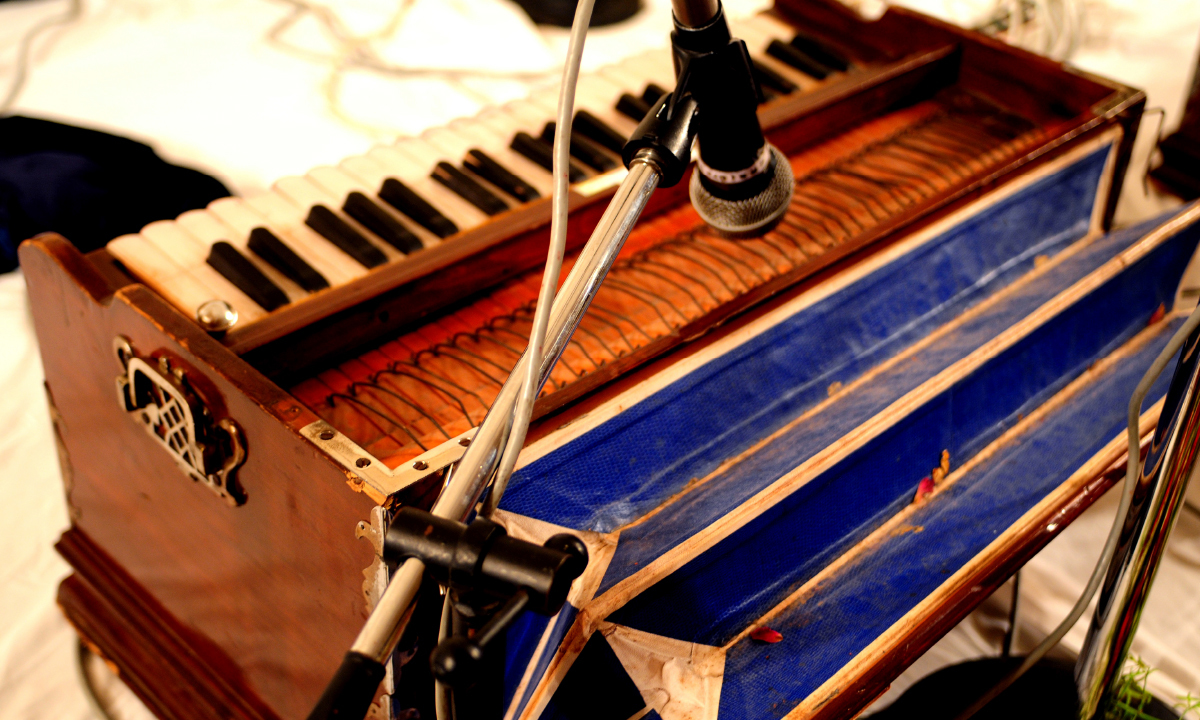
Article by
The art of Qawwali is cherished not only in the Indo-Pak subcontinent but in the whole world. The word Qawwali, which means “to speak” in Arabic, used as the name of a particular genre of music in India and throughout the subcontinent. Qawwalis are songs of a particular style in which praise of Allah, praise of the Prophet (peace and blessings of Allah be upon him), Sufism and the Manqabat are recited. Music gives it a heavenly taste; without musical instruments one cannot imagine to sing this genre (Qawwali). Qawwali is being practiced in Sufi shrines in our region since ancient times and it is believed to have been originated from Hazrat Amir Khosrow; a special disciple of Hazrat Nizamuddin Auliya, who was a well-known Sufi and poet of his time, as well as an expert in the art of music. “Mehfil-e-Samaa”(call for musicians to sing Qawwali) is specially mentioned in the memoirs of the Chishti Mashaikhs of the subcontinent. Hazrat Khawaja Moinuddin Chishti himself was a profound poet, and all the Samaa Mefils were held in his monastery. His disciple and caliph Hazrat Qutbuddin Bakhtiar Kaki's monastery was in Delhi, and he was so fond of Samaa which would always take him to an intuitive state “Haal”.
The ancient religious scriptures also have music in the region e.g., music was used in “Bhajan”. Tan Sen, one of Akbar's ratan with an astonishing reputation for music in Indian history, was brought up in the monastery of the famous Sufi Hazrat Muhammad Ghaus Gwalior of Gwalior, and was taught music by him. These examples are sufficient to substantiate that our Sufia had a special fondness for music and they have given a lot to the music of this country, one of which is Qawwali.
The art of Qawwali became so popular that its magic expanded from shrines to the masses, and was eventually sung in public gatherings. It was no longer confined to monasteries and shrines but had become the choice of the common people. Thousands and millions of people would gather in one party and singers would reach the heights of fame overnight. Before the advent of cinema in India, Qawwali ceremonies were the source of entertainment to the masses. With the passage of time, Qawwali witnessed evolution with respect to the subject; other than Manqabat or divinity, the romance had also been incorporated in it.
At a time when the art of Qawwali was changing its color, the Sabri brothers of Pakistan emerged, who tried to revive it by presenting its classic and real to the masses. This was the time when Qawwali witnessed an absolute renewal. Afterwards, by the profound contributions of Ustad Nusrat Fateh Ali Khan, this genre witnessed a change with the flavor of sufi poetry in it. Aziz Mian Qawwal also brought the art of Qawwali to its peak in a special way and established his own identity. These days, Ustad Rahat Fateh Ali Khan is popular and his voice has won the hearts of people across the globe. In addition to all these, some new young Qawwals are demonstrating their skills by learning this art.
There is no shortage of people in India and Pakistan who are still familiar with the art, but most people see it as a part-time job, because it is now unable to meet anyone's financial needs except for a few gentlemen. Most of the qawwals that are seen around the shrines remain unfamiliar, moreover, there are many people in our country who are doing minor jobs in the daytime but they sit down in the evening with dholak and harmonium at different places to keep this genre going.
Today, there is a strong need to officially sponsor this art and bring its traditional old style back to the public. It is an art associated with our culture and it is our collective responsibility to protect and preserve our cultural legacy left by veterans.
 Monthly "Azeem English Magazine", launched in 2000, records the information about diverse fields like mental health, literature, research, science, and art. The magazine's objective is to impart social, cultural, and literary values to society.
Monthly "Azeem English Magazine", launched in 2000, records the information about diverse fields like mental health, literature, research, science, and art. The magazine's objective is to impart social, cultural, and literary values to society.
+92 51 88 93 092
First Floor, RAS Arcade, Eidhi Market, Street#124, G-13/4, Islamabad, Pakistan, 44000.